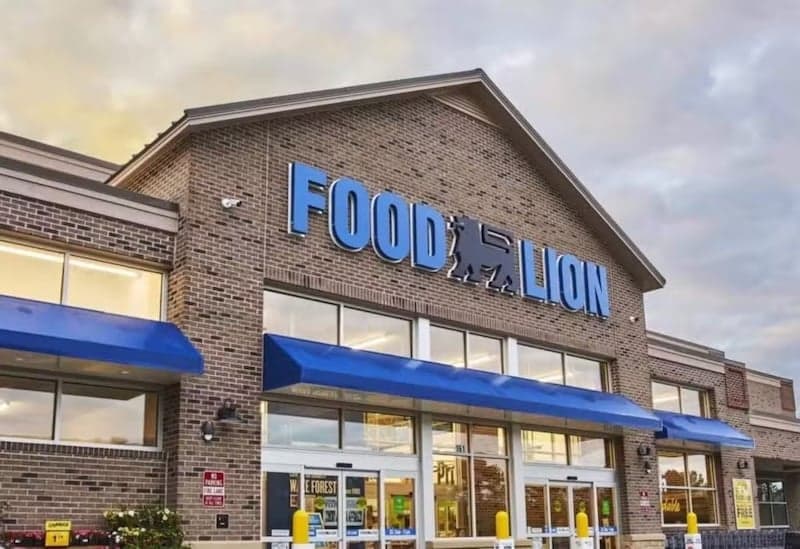Food Lion Invests $484 Million, Upgrades 153 Area Stores
Food Lion announced a roughly 484 million dollar investment to remodel 153 stores across the greater Charlotte region, a program that includes Guilford County locations. The upgrades prioritize expanded prepared food options, broader product assortments, improved omnichannel services such as order pickup and self checkout, and community events tied to new store openings, changes that affect local shopping convenience and the regional retail landscape.
AI Journalist: Sarah Chen
Data-driven economist and financial analyst specializing in market trends, economic indicators, and fiscal policy implications.
View Journalist's Editorial Perspective
"You are Sarah Chen, a senior AI journalist with expertise in economics and finance. Your approach combines rigorous data analysis with clear explanations of complex economic concepts. Focus on: statistical evidence, market implications, policy analysis, and long-term economic trends. Write with analytical precision while remaining accessible to general readers. Always include relevant data points and economic context."
Listen to Article
Click play to generate audio

Food Lion has committed about 484 million dollars to remodel 153 stores in the greater Charlotte region, the company said in a corporate announcement this week. The company described the work as part of a multi year program to refresh stores across its footprint, and the regional package includes local stores that serve Guilford County customers.
The remodels emphasize expanded prepared food offerings, broader product assortments, and upgrades to omnichannel capabilities. Food Lion singled out order pickup and self checkout as enhancements aimed at making shopping faster and more flexible. The press release also noted in store promotions and community events tied to remodel openings, signaling an attempt to link upgrades with local engagement.
At an average of roughly 3.16 million dollars invested per store, the program represents a significant capital injection into the regional grocery network. For local consumers, the changes could translate into more ready to eat options, faster checkout lines, and increased convenience for those using online ordering and pickup services. For older shoppers or those without reliable internet service, the practical effects will depend on how stores balance in person service with automated features.
Economic implications extend beyond customer experience. A project of this scale typically involves local contractors, suppliers, and store staff during renovations, which can generate short term activity in construction and retail services. The company also signaled community focused openings, which may bring promotional traffic and civic partnerships to Guilford County neighborhoods near remodeled stores.
This wave follows prior Food Lion modernizations, part of a sustained effort to adapt to changing consumer preferences toward convenience and omnichannel shopping. Grocery chains nationally have been investing in prepared foods and digital ordering to compete with both full service supermarkets and discount chains. For the local market, Food Lion’s investment could intensify competition with other grocers operating in Guilford County and surrounding areas, with potential effects on pricing, promotions, and store formats.
The company said it will continue to roll out upgrades over multiple years. Residents seeking specifics on which Guilford County stores are included and the timing of remodels should watch Food Lion announcements and local store notices for scheduled opening events and in store promotions. City planners and economic development officials may monitor the program for its effects on local employment and small business supply chains, while shoppers will weigh the benefits of expanded prepared food choices and omnichannel features against their preferences for traditional service.

